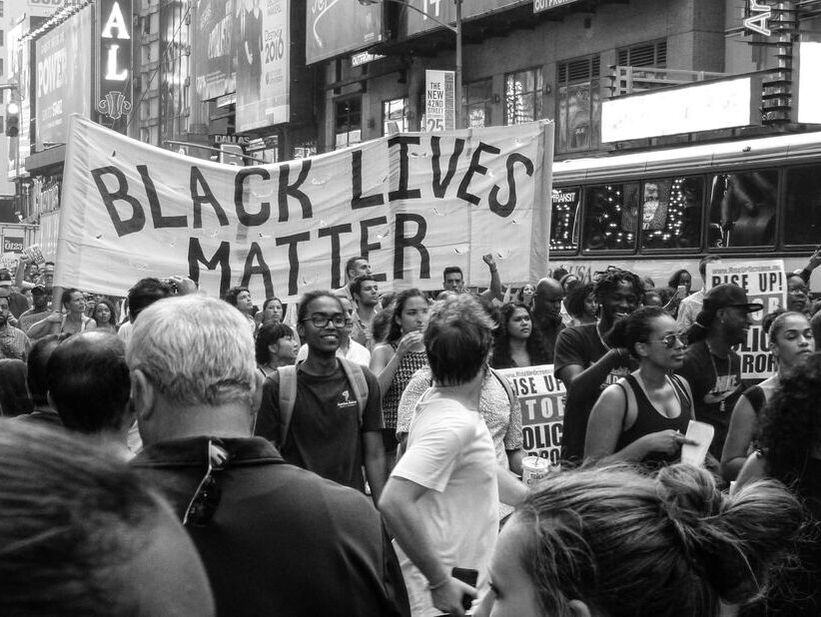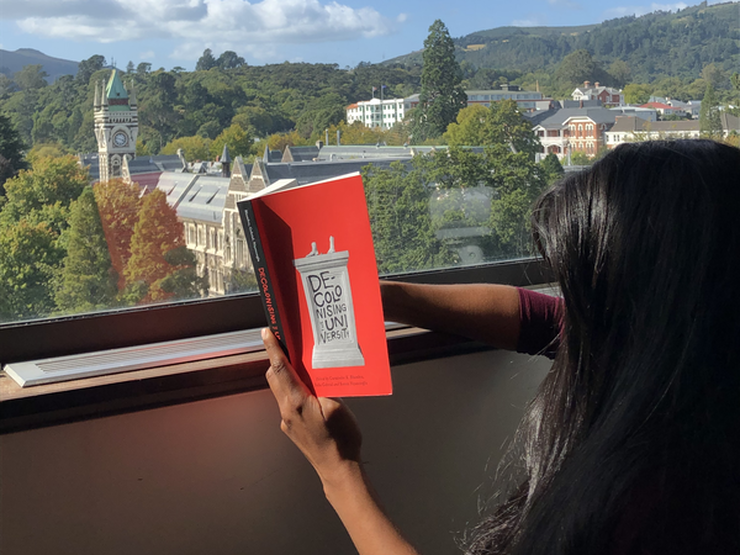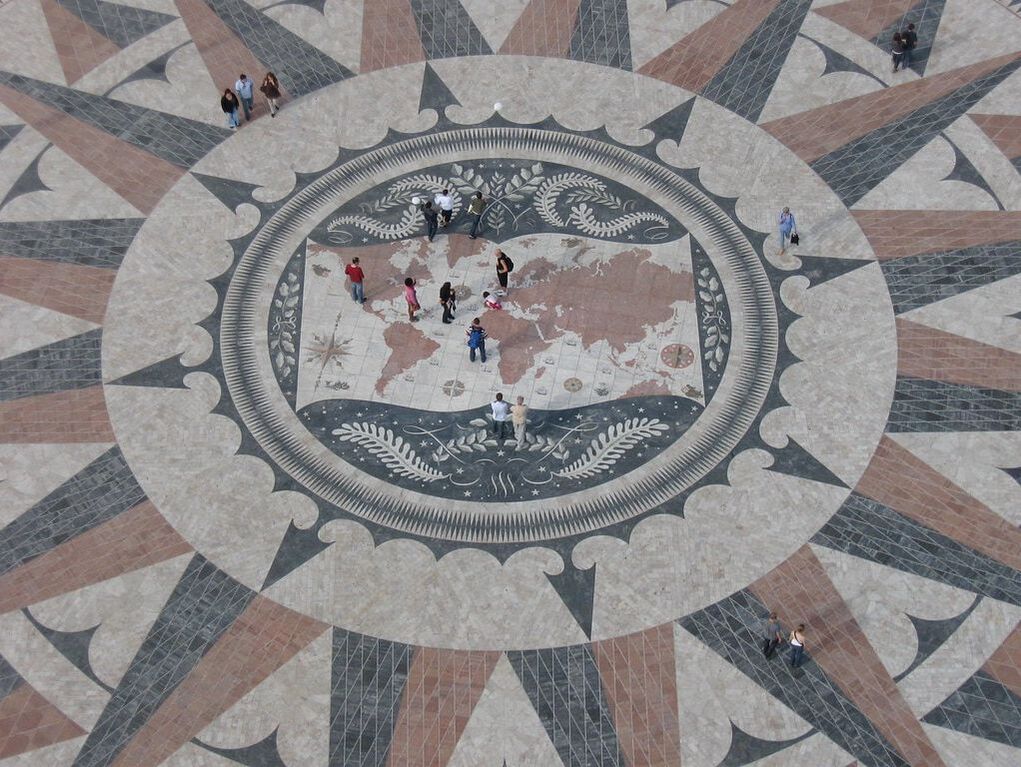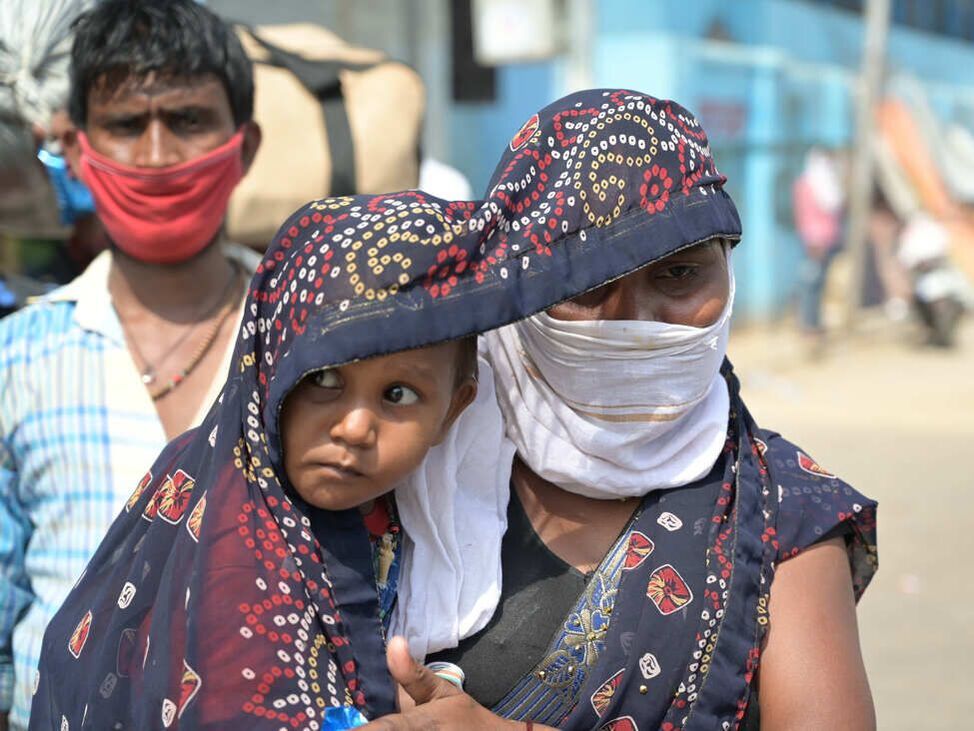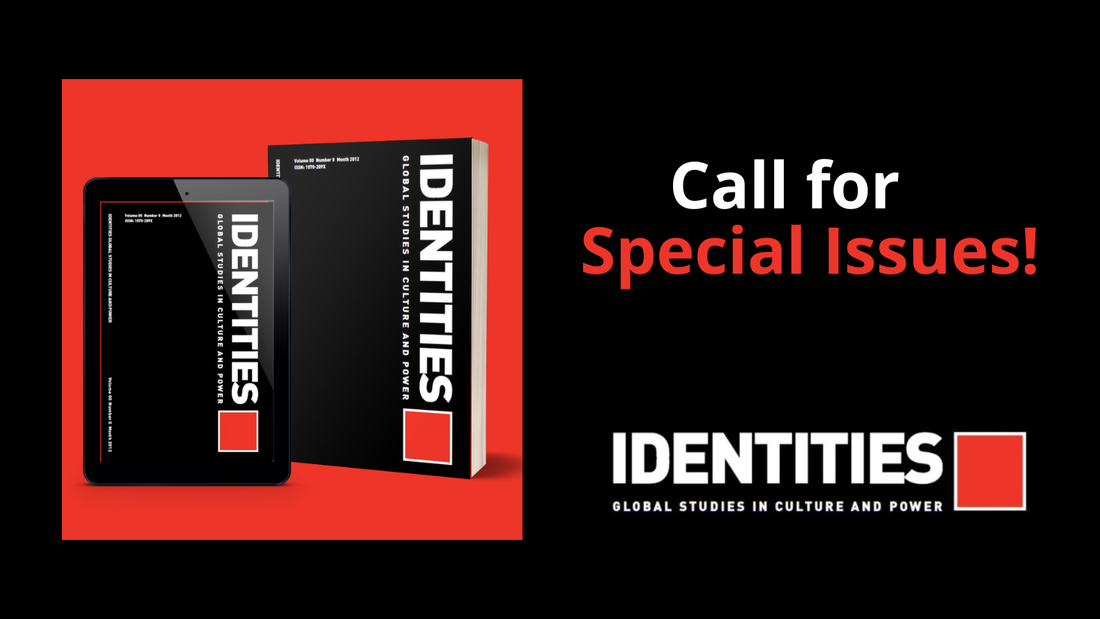|
|
NEW! The Identities Podcast
New on The Identities BlogExtremism, Prevent and educationRight now in the UK, the topic of ‘extremism’ is once again gripping public consciousness. On 14th March 2024, Michael Gove MP, the communities secretary, unveiled a new government definition of extremism, which is: ‘the promotion or advancement of an ideology based on violence, hatred or intolerance, that aims to: 1) negate or destroy the fundamental rights and freedoms of others; or 2) undermine, overturn or replace the UK's system of liberal parliamentary democracy and democratic rights; or 3) intentionally create a permissive environment for others to achieve the results in (1) or (2).’ The unveiling of this new definition of extremism aims to target groups and individuals who, if defined as an extremist, will be blocked from engaging in government, working in public bodies, and receiving council grants....
The hard work begins here: France's legislative elections and what comes nextAnxieties were running high on Sunday as French voters went to the polls in the second round of this year's legislative elections. At a time of rising support for the far right across Europe – and with France's current centrist administration having already passed hard-line anti-Muslim and anti-migrant policies – most observers believed that the far-right National Rally (RN) would emerge as the nation's strongest party. An overall majority seemed unlikely, but possible....
Who’s afraid of the ‘Muslim vote’?One of the subplots emerging from the 2024 General Election is to be found in talk of the ‘Muslim vote’. This is said to have been mobilised against the Labour Party, in protest at its position on Gaza, in constituencies with a sizable Muslim electorate. The success of Independent candidates such as Shockat Adam, a local resident in Leicester South who overturned a 22,000 majority of the incumbent shadow cabinet member Jonathan Ashworth, certainly came as a surprise....
|
Follow
|
Explore The Identities Blog
Browse Our Blog Series
Explore Identities at tandfonline.com/GIDE |
|
The views and opinions expressed on The Identities Blog are solely those of the original blog post authors, and not of the journal, Taylor & Francis Group or the University of Glasgow.




